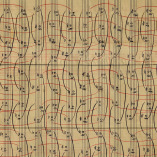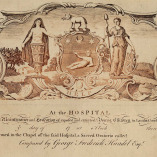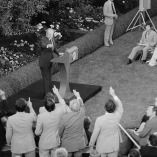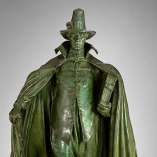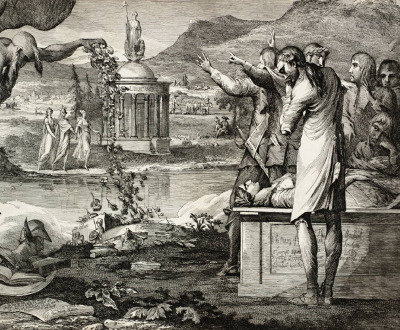
The Phoenix or the Resurrection of Freedom, by James Barry, c. 1776. Photograph © Tate (CC-BY-NC-ND 3.0).
In order to understand the American Revolution, historian Joseph J. Ellis writes in The Cause: The American Revolution and Its Discontents, 1773–1783, “we must be capable of thinking paradoxically. The American Revolution succeeded because it was not really a revolution. Which means it succeeded because it failed.”
This week on the podcast, Lewis H. Lapham speaks with Joseph J. Ellis, author of The Cause: The American Revolution and Its Discontents, 1773–1783, about the words, paradoxes, and local influences that powered the American Revolution.
Thanks to our generous donors. Lead support for this podcast has been provided by Elizabeth “Lisette” Prince. Additional support was provided by James J. “Jimmy” Coleman Jr.


